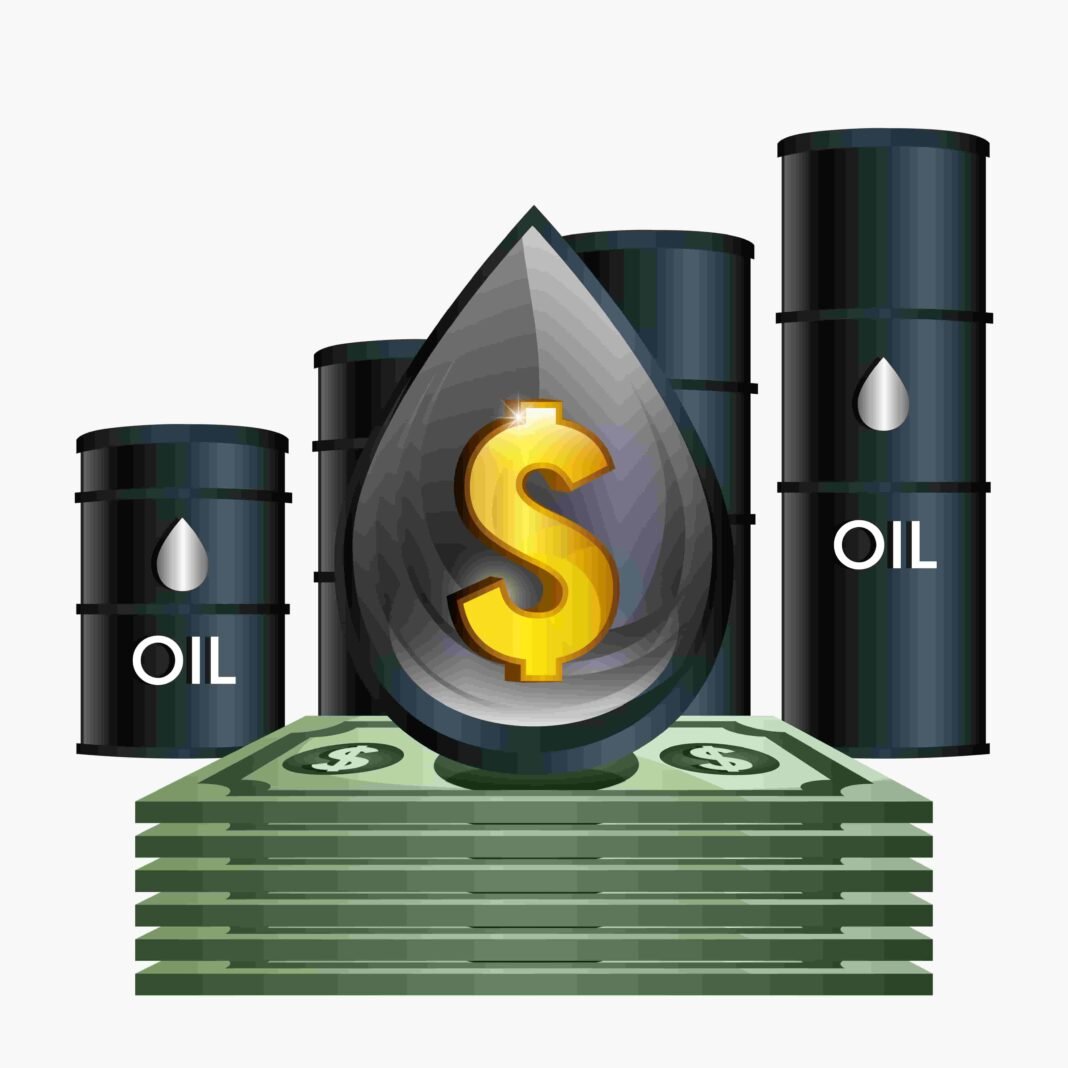In the context of today’s swiftly evolving global economy, the Diesel Fuel Market is essential for driving industries, transportation networks, and energy systems.
With the rising need for reliable and effective energy sources, diesel fuel continues to be a significant contributor to fulfilling these demands particularly in emerging markets where urban growth and industrial development are on the rise.
The growing adoption of diesel fuel in both established and innovative applications is paving the way for a future where, despite its environmental concerns, this energy source will maintain a substantial influence.
According to Skyquest Technology, the Fuel Market of Diesel
was valued at USD 246.27 billion in 2023 and is projected to reach USD 342.9 billion by 2032, achieving a compound annual growth rate (CAGR) of 3.75% over the forecast period.
A Catalyst for Economic Advancement
Diesel fuel is vital across various industries, including transportation, agriculture, manufacturing, and power production.
Its high energy density and effectiveness make it particularly suitable for heavy-duty vehicles, equipment, and generators.
As industries grow and logistical demands become more intricate, diesel continues to be the preferred energy source for meeting rigorous energy requirements.
In nations undergoing rapid industrial growth, such as India and China, the utility of diesel extends beyond mere transportation.
It fuels construction machinery, irrigation systems, and backup generators supporting ongoing development and productivity.
Thus, the escalating energy demands of these countries directly impact the Diesel Fuel Market.
Additionally, in many areas where electricity supply is unreliable, diesel-powered generators provide essential backup power.
This function is especially critical in both residential and commercial environments, where a consistent power supply is crucial for everyday operations.
Diesel Fuel Market Breakdown and Regional Expansion
To gain a clearer understanding of its dynamics, the global Fuel Market of Diesel is categorized by product type, application, end user, and region.
These categories highlight the variety of diesel’s uses and how regional trends affect demand.
Regarding products, the market encompasses biodiesel, hydrogenated oils, fats, and diethyl ether.
Applications are split between passenger and commercial vehicles, while end users include transportation, marine, and other industrial sectors.
Geographically, the Asia-Pacific region emerges as a significant area for growth. Infrastructure advancements and industrial expansion are booming in this region, particularly in China and India.
Considerable investments in road infrastructure, housing, and manufacturing centers necessitate diesel-powered machinery, which further propels market growth.
Conversely, North America presents a more intricate scenario. Although demand in the transportation and logistics sectors remains robust, environmental regulations and a transition towards renewable diesel and biodiesel are beginning to alter market dynamics.

Fuel Market of Diesel Impending Challenges
Despite its prevalent usage, the Fuel Market of Diesel is encountering rising challenges. Environmental issues are becoming increasingly critical, with diesel combustion emitting nitrogen oxides and particulate matter, which contribute to air pollution.
Governments worldwide are implementing stricter regulations to manage emissions, potentially impacting the long-term sustainability of diesel.
Furthermore, the rise of alternative fuels and electric vehicles is starting to undermine diesel’s stronghold in the transportation industry.
Progress in battery technology and decreasing costs of renewable energy are promoting the acceptance of cleaner options. Consequently, companies within the diesel sector must invest in innovation to remain competitive.
Competitive Environment
The Fuel Market of Diesel is fiercely competitive, with leading players such as ExxonMobil, Shell, Chevron, PetroChina, and Qatar Petroleum at the forefront.
These corporations are consistently investing in research and development to create cleaner fuels and meet global sustainability objectives.
Smaller but significant manufacturers, such as Denso, Bosch, MAHLE, and ALCO Filters, also play a role in innovation by enhancing diesel engine components and fuel filtration systems.
Their contributions are vital in increasing the durability and efficiency of diesel engines while complying with stricter environmental regulations.
Expert Editorial Comment
In conclusion, while the Diesel Fuel Market is facing challenges from advancing technologies and environmental pressures, it continues to be a cornerstone of global economic activity.
Its significance in transportation, industry, and power generation guarantees that diesel will remain a crucial player in the foreseeable future.
However, to ensure relevance and sustainability, the industry must adapt embracing cleaner alternatives, investing in innovation, and responding to regulatory requirements.
The anticipated CAGR of 3.75% by 2032 indicates a steady growth path, driven by industrial requirements and expanding infrastructure in developing regions.
For stakeholders and investors, the message is clear diesel is here to stay for the foreseeable future, but its trajectory will be influenced by how effectively it adapts to the evolving energy landscape.

